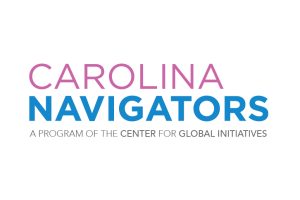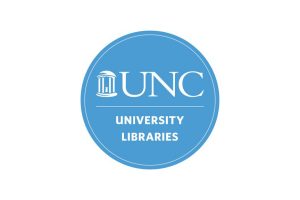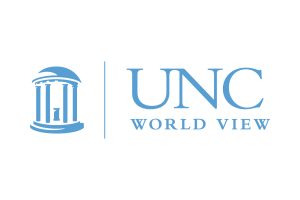2019 Community College Symposium

November 13-14, 2019
The Friday Conference Center
15 PDCH offered
Poverty is a worldwide threat. It has a direct impact on North Carolina where the poverty rate remains above historical averages (North Carolina Poverty Report, 2018). This symposium will explore topics and strategies that address poverty globally and locally. Through engaging interactive breakout sessions, plenary talks, and panel discussions, educators will learn about resources and build a network of colleagues who are passionate about this work. This program is designed for community college instructors of all disciplines, as well as administrators and staff.
Partners: $175 per person; $600 per team of four / Non-Partners: $200 per person; $700 per team of four.
Signature Sponsor
IBM, the IBM logo and ibm.com are trademarks of the International Business Machines Corp., registered in many jurisdictions worldwide.
Online registration is closed. Educators can register on-site at the Friday Conference Center from 7:45 a.m. to 8:15 a.m. on Wednesday, November 13.
Schedule | Speakers | Concurrent Sessions | Exhibitors | Pre-Program Materials | Lodging & Directions
Schedule
| WEDNESDAY, NOVEMBER 13 | |
| 8:00 a.m. | Check-In, Registration and Continental Breakfast |
| 8:30 a.m. | Welcome Charlé LaMonica, Director, World View, UNC-Chapel Hill Timothy Humphrey, Vice President, Chief Data Office, IBM Carol Tresolini, Vice Provost for Academic Initiatives, Office of the Provost, UNC-Chapel Hill |
| 9:00 a.m. | Plenary I
Food Insecurity on Campus: What Can Educators Do?
Maureen Berner, Professor, School of Government, UNC-Chapel Hill
|
| 10:00 a.m. |
Break and Networking
|
| 10:15 a.m. | Plenary II
Health Care, Economic Security and the Prospects of Reform
Jonathan Oberlander, Professor and Chair, Department of Social Medicine and Professor, Gillings School of Global Public Health, UNC-Chapel Hill
|
| 11:15 a.m. | Concurrent Sessions I |
| 12:15 p.m. | Lunch |
| 1:15 p.m. | Concurrent Sessions II |
| 2:30 p.m. | Break: Mix and Mingle |
| 2:45 p.m. | Plenary III
Pathways to Mobility
Anita Brown-Graham, Professor, School of Government, UNC-Chapel Hill
|
| 4:00 p.m. | Panel Discussion with Community College Presidents Lisa M. Chapman, President of Central Carolina Community College
Walter Dalton, President of Isothermal Community College
Lawrence L. Rouse, President of Pitt Community College
This panel discussion with community college presidents will stimulate thought among educators who seek to learn more about the role of community colleges in reducing poverty in North Carolina. Poverty alleviation in North Carolina involves the strategic use of tools such as education, economic development and wealth and income redistribution to improve the livelihoods of North Carolinians. These community college presidents, from different regions of the state, will discuss the role that community colleges and their communities can/should play in this effort.
|
| 5:00 p.m. | Reception |
| THURSDAY, NOVEMBER 14 | |
| 8:00 a.m. | Continental Breakfast |
| 8:30 a.m. | Plenary IV
Demographic Change and Immigration in the American South |
| 9:30 a.m. | Concurrent Sessions III |
| 10:20 a.m. | Break and Networking |
| 10:40 a.m. | Plenary V
The Global and Local Intersections of Poverty: Perspectives on Health |
| 11:40 a.m. | Closing Remarks, Next Steps and Adjourn |
Plenary Speakers
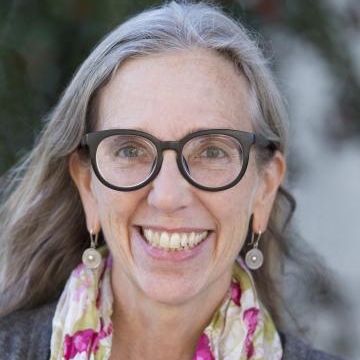
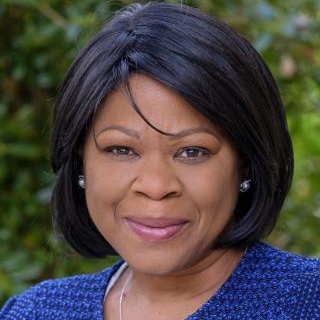
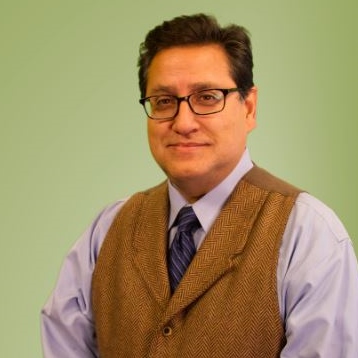
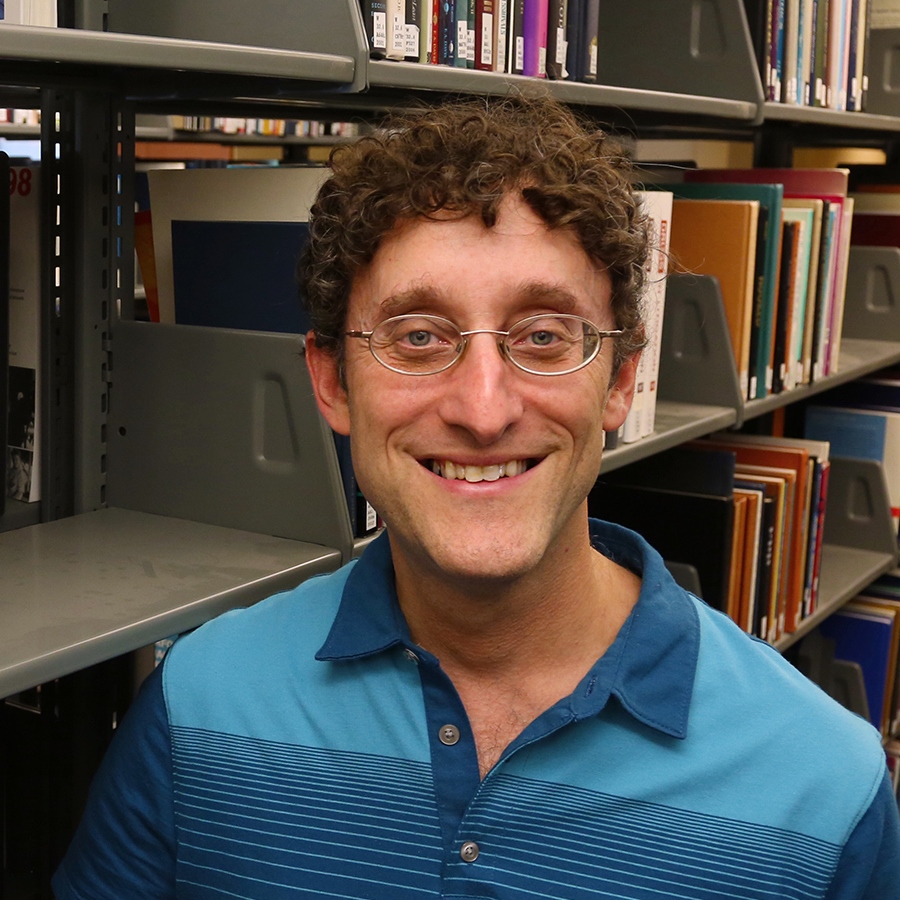

Panelists
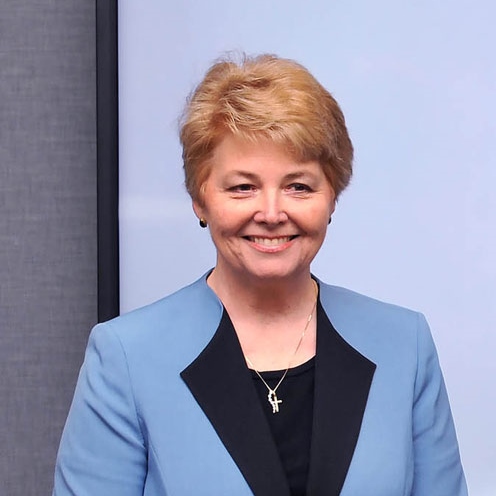
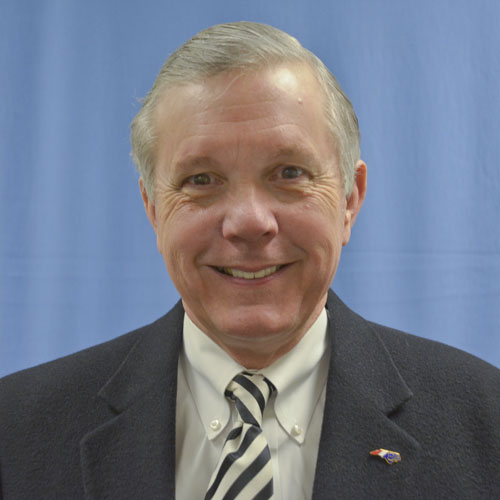

Concurrent Sessions
Small Business Ownership
Getting the Global Distinction Program Started on Your Campus
Create a LOCAL Business and Achieve GLOBAL Success!
Confronting Poverty in NC: Strategies for Business Growth and Community Development
Building Systems and Capacities in Crisis Response: Integrating Resilience & Sustainability into International Food Aid Initiatives
Addressing Equity on Campus: Lessons Learned from Poverty Simulation
The Story of a Successful Food Pantry
Resources for the Workforce of the Future
Institution and Community Partnership: The Healthy Places for Healthy People Initiative
Creative Partnerships to Increase Campus Internationalization and Study Abroad
Pre-Program Materials
Download the program study guide here. (Download may begin immediately)
Lodging & Directions
Download your parking pass for the Friday Conference Center here.
Rooms can be booked by calling the hotel directly and mentioning the group code “CCS” or “UNC World View Community College Symposium.” Online reservations can be made using the following link.







